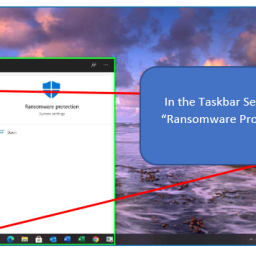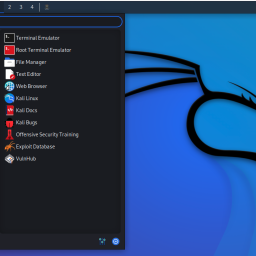In the constantly evolving landscape of cloud computing, ensuring robust security measures is paramount. Recently, cybersecurity researchers have identified a significant privilege escalation vulnerability within Google Cloud Platform’s (GCP) Cloud Functions service. The exploit is called ConfusedFunction.
This vulnerability could potentially allow attackers unauthorized access to sensitive data and services within a GCP environment. For example once a new cloud instance was created a cybercriminal with access and automatically be an administrator with escalated privileges
ConfusedFunction, disclosed by Tenable, stems from the default behavior of GCP’s Cloud Functions service. When a Cloud Function is created or updated, a Cloud Build service account is automatically generated and linked. This account, however, comes with excessive permissions, creating an avenue for attackers to exploit. By leveraging these permissions, an attacker could escalate their privileges to the Default Cloud Build Service Account, gaining access to various GCP services such as Cloud Build, Cloud Storage, Artifact Registry, and Container Registry.

In response to Tenable’s findings, Google has adjusted the default behavior of Cloud Build. Now, it uses the Compute Engine default service account, which has more restricted permissions. However, this update only affects new instances. Existing instances remain vulnerable unless users take additional steps to manually reconfigure their permissions.
The ConfusedFunction vulnerability underscores the complexities and challenges inherent in cloud service security. The interconnected nature of cloud services means that excessive permissions in one area can create vulnerabilities across multiple services. Even with Google’s mitigation efforts, users must remain vigilant and ensure that permissions are tightly controlled and regularly reviewed.
The discovery of ConfusedFunction is part of a broader context of recent vulnerabilities across various cloud platforms. For instance, a medium-severity cross-site scripting (XSS) flaw was found in Oracle Integration Cloud Platform, which could allow attackers to inject malicious code.
The ongoing identification and disclosure of vulnerabilities like ConfusedFunction highlight the importance of continuous monitoring and updating of cloud security practices. As cloud services grow increasingly complex, staying informed about potential threats and actively managing permissions is crucial for protecting sensitive data and maintaining the integrity of cloud environments.
0



